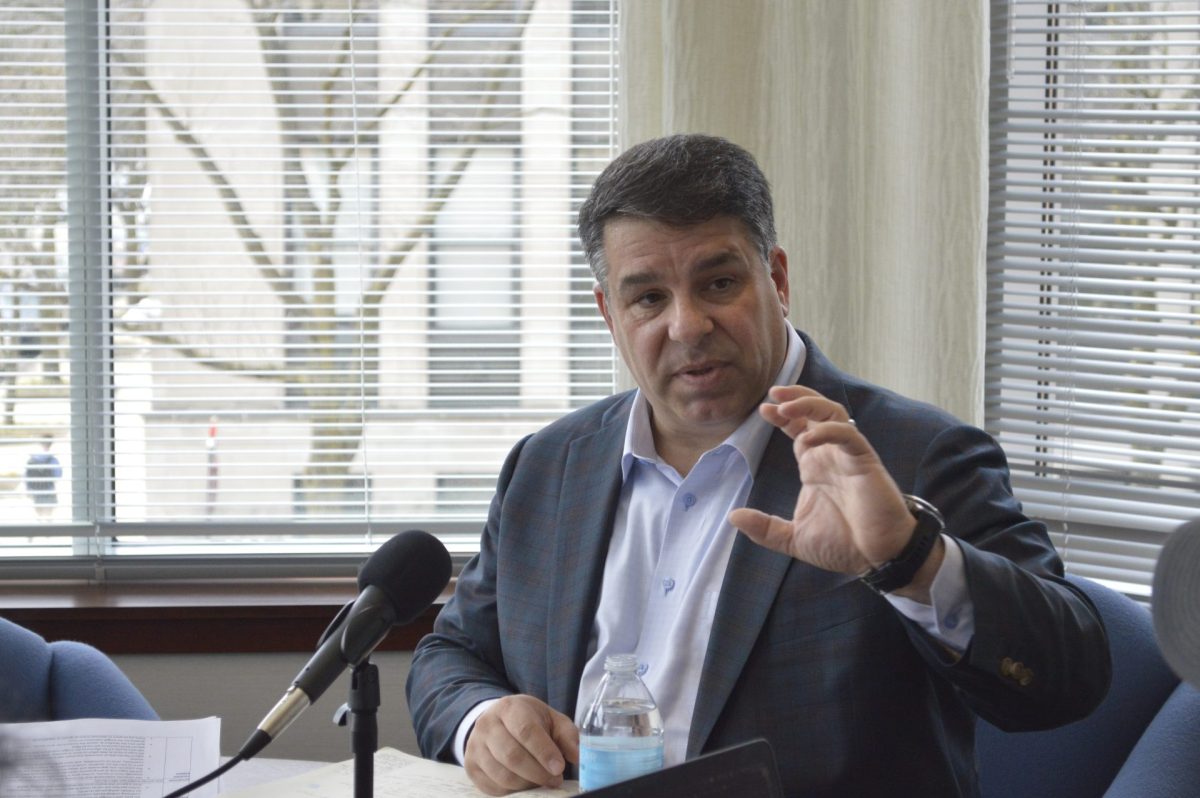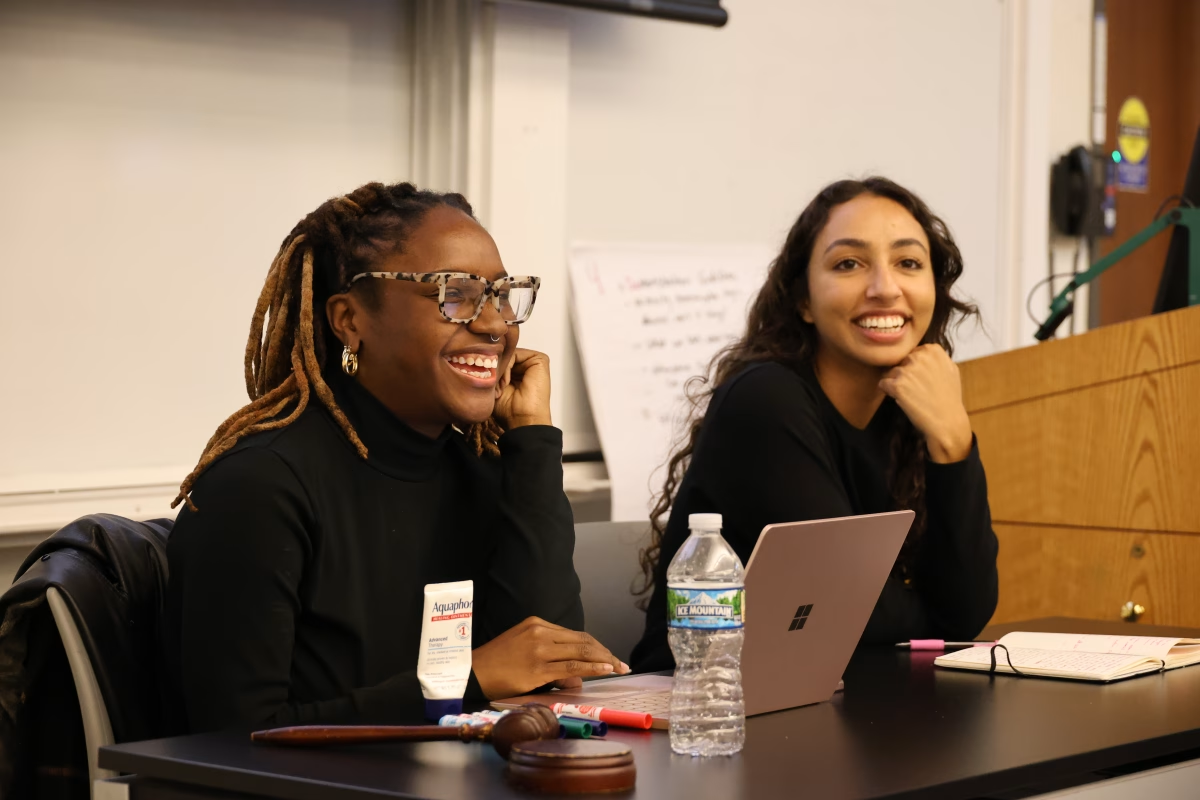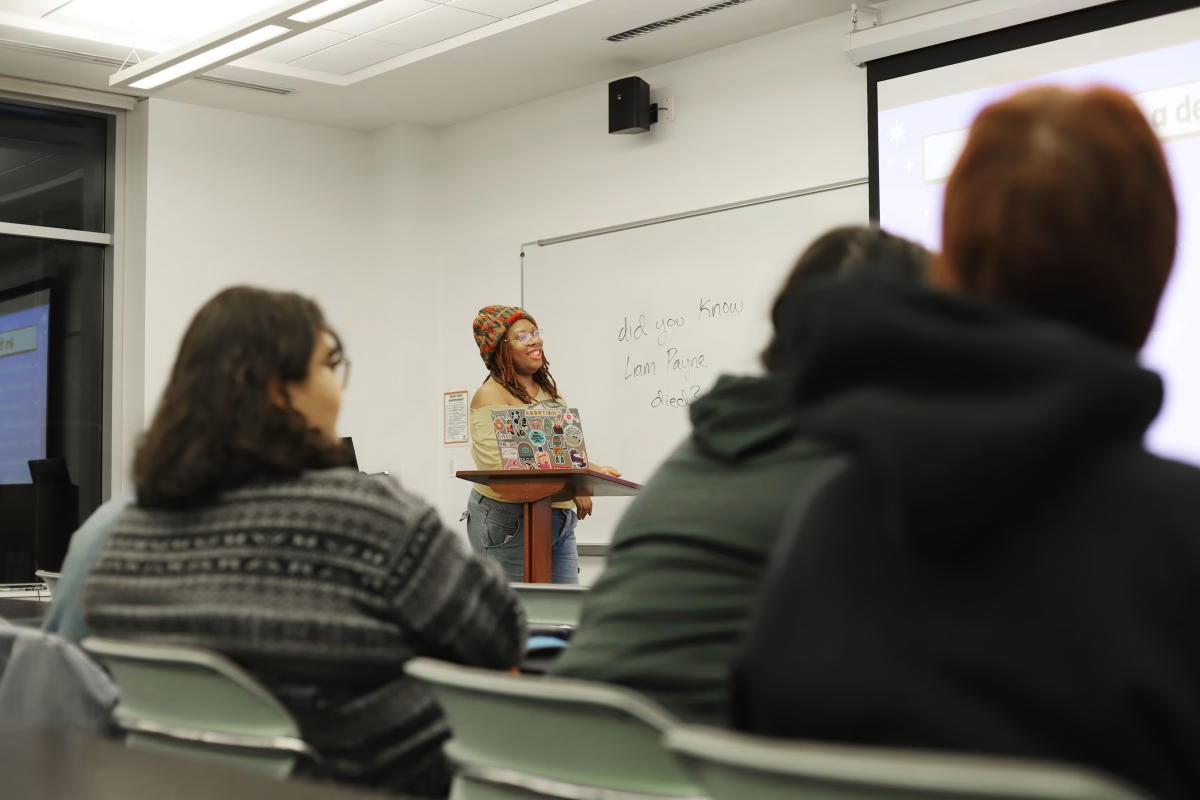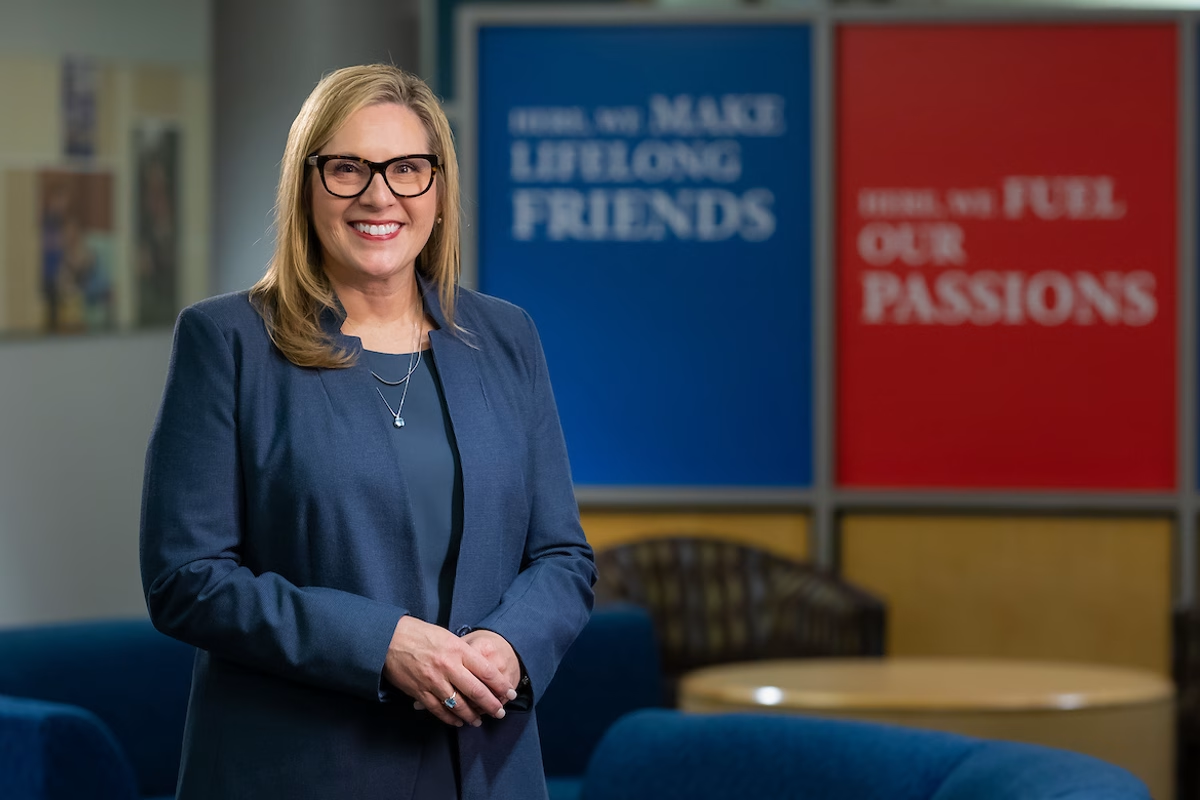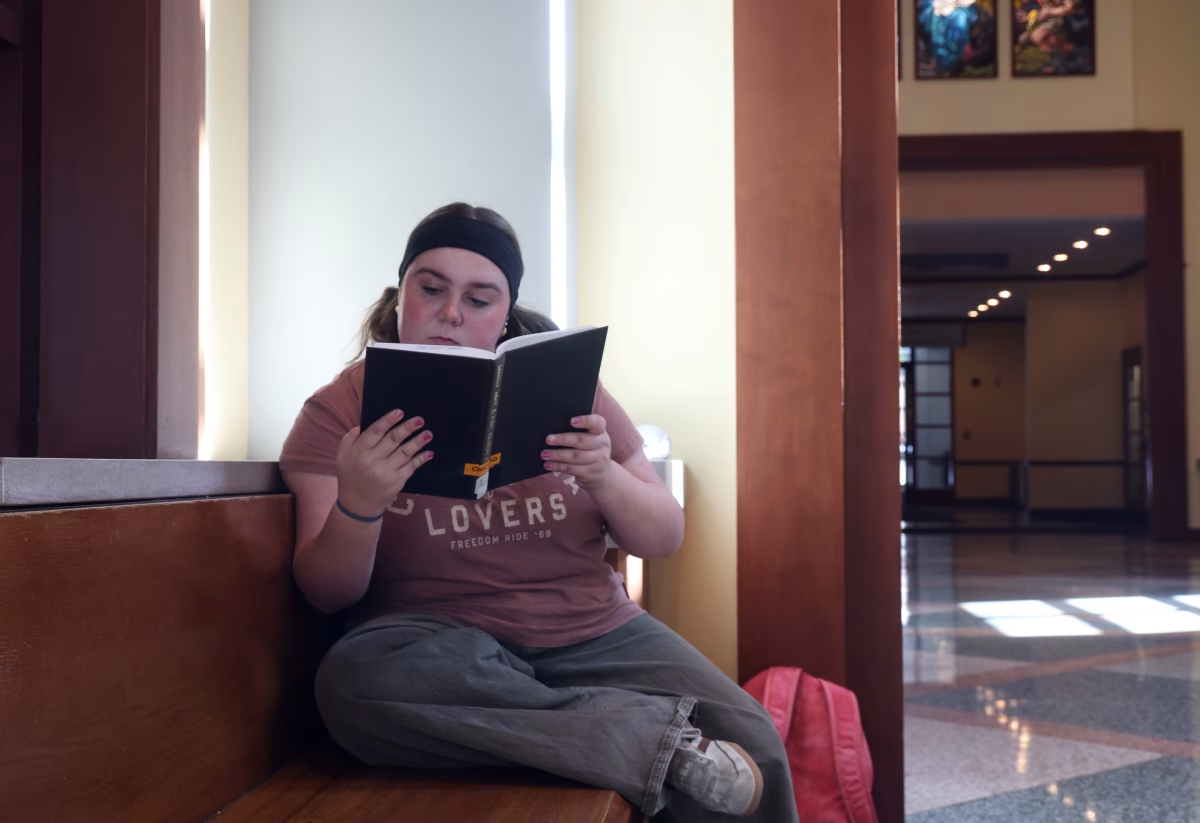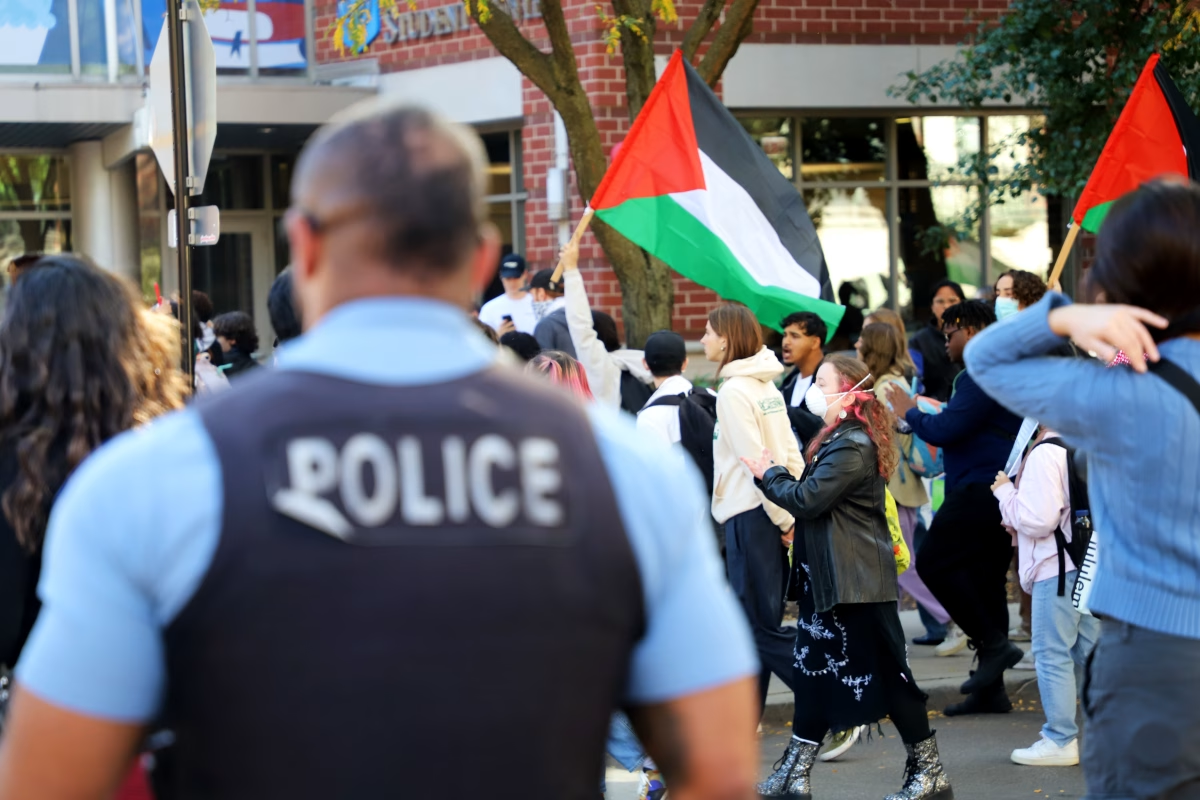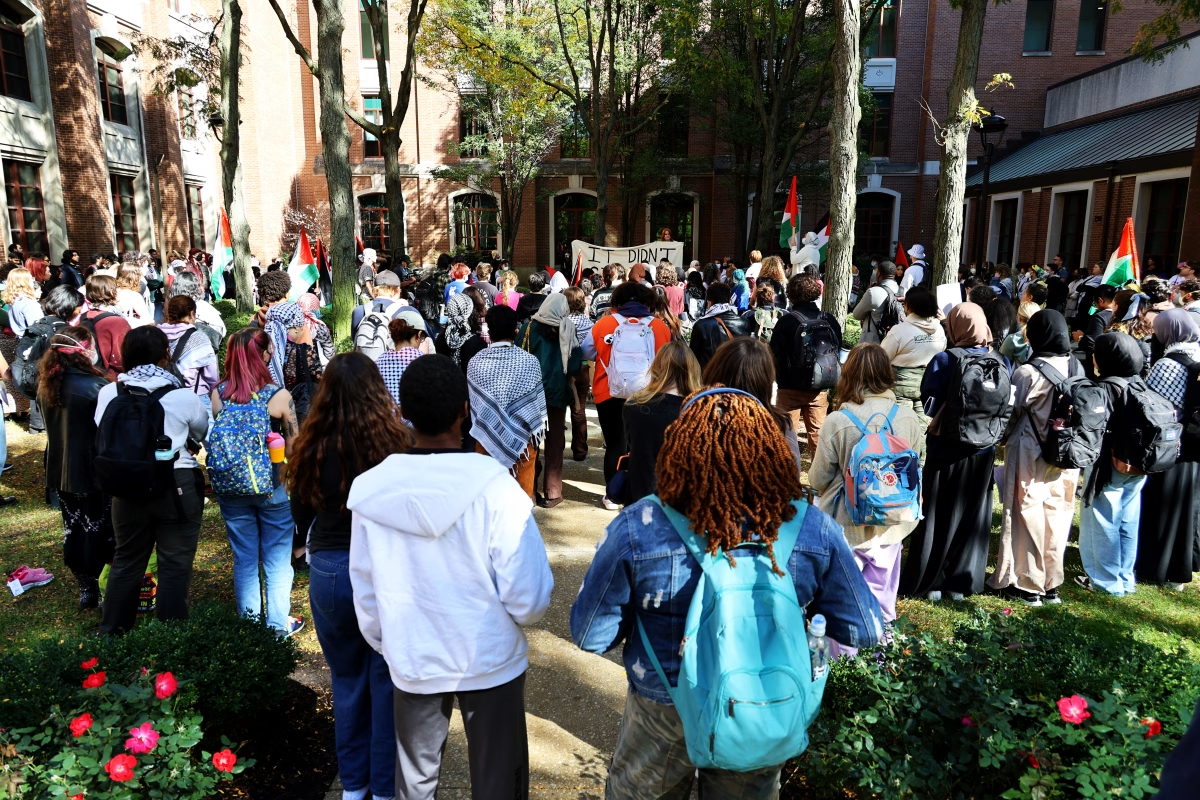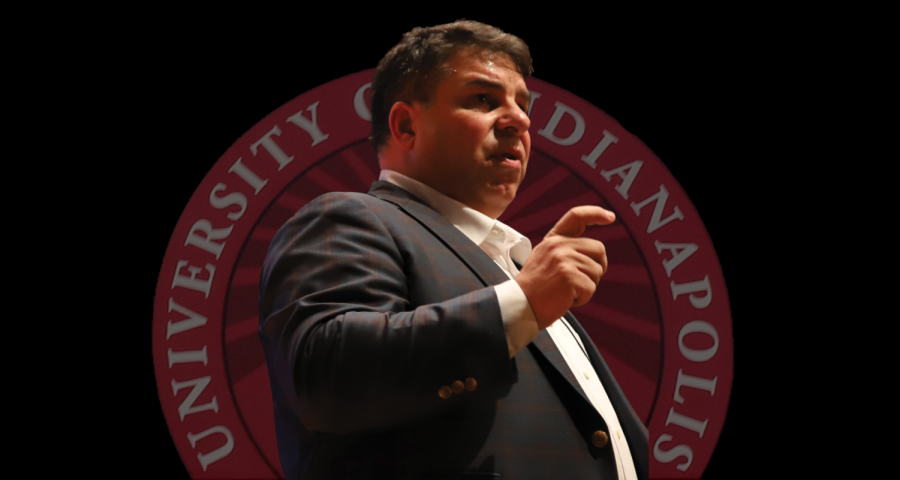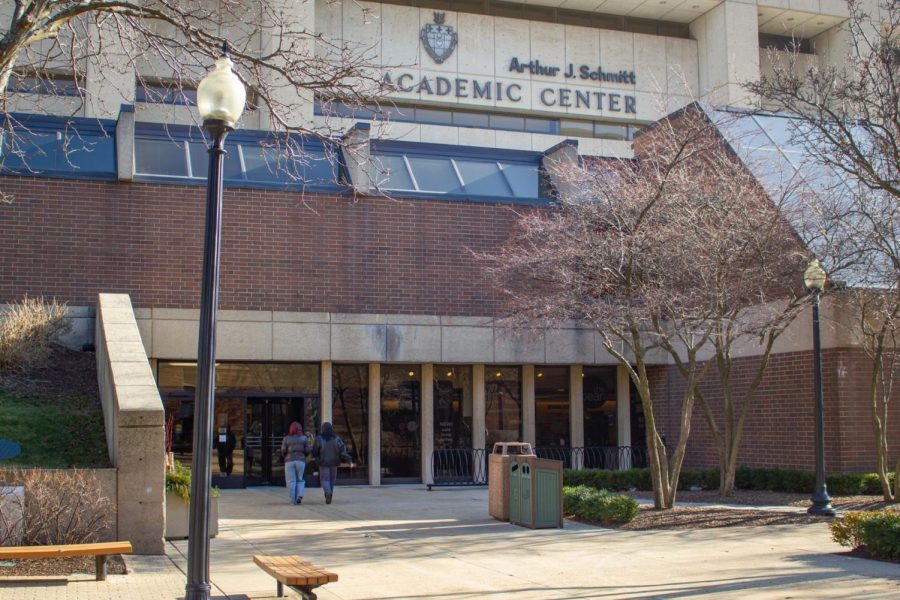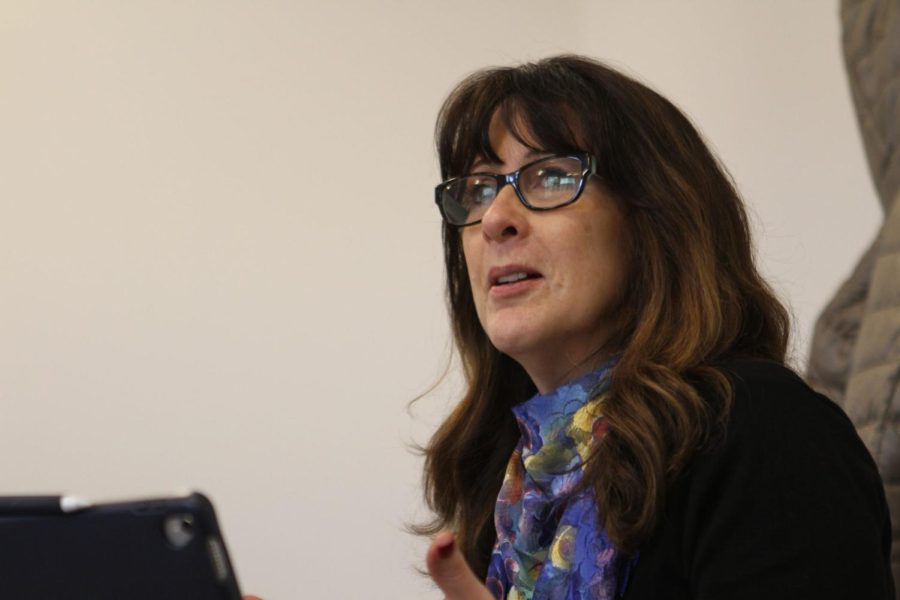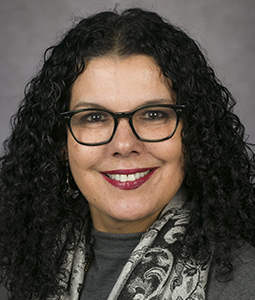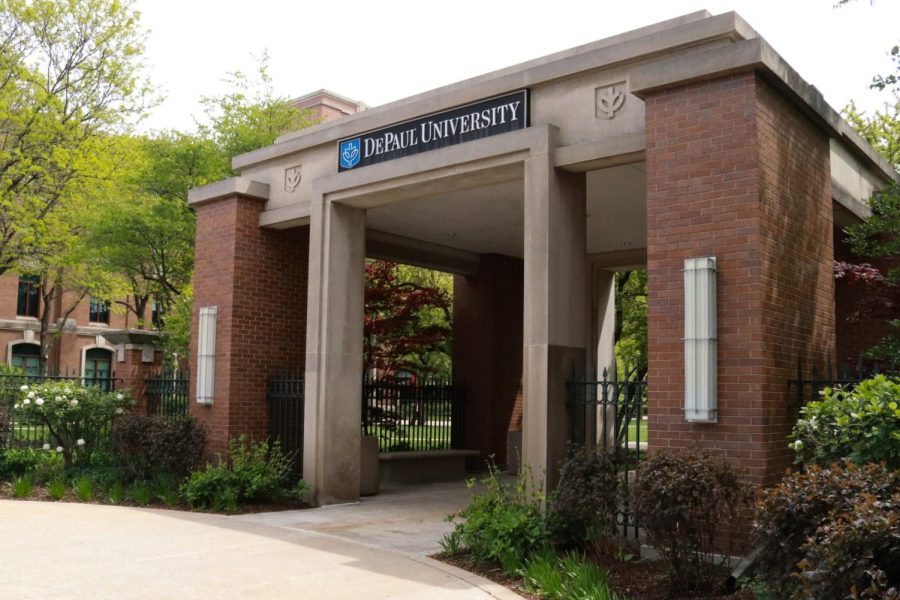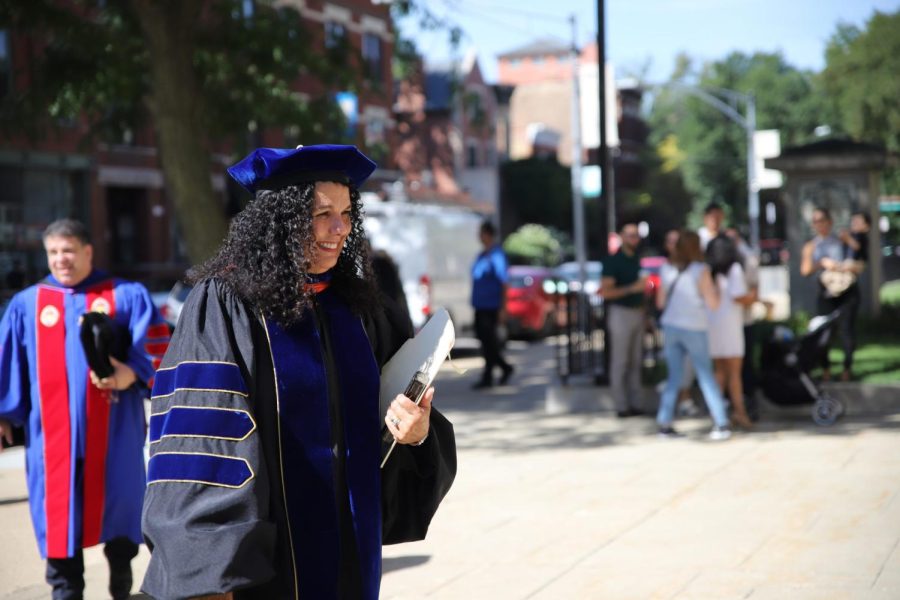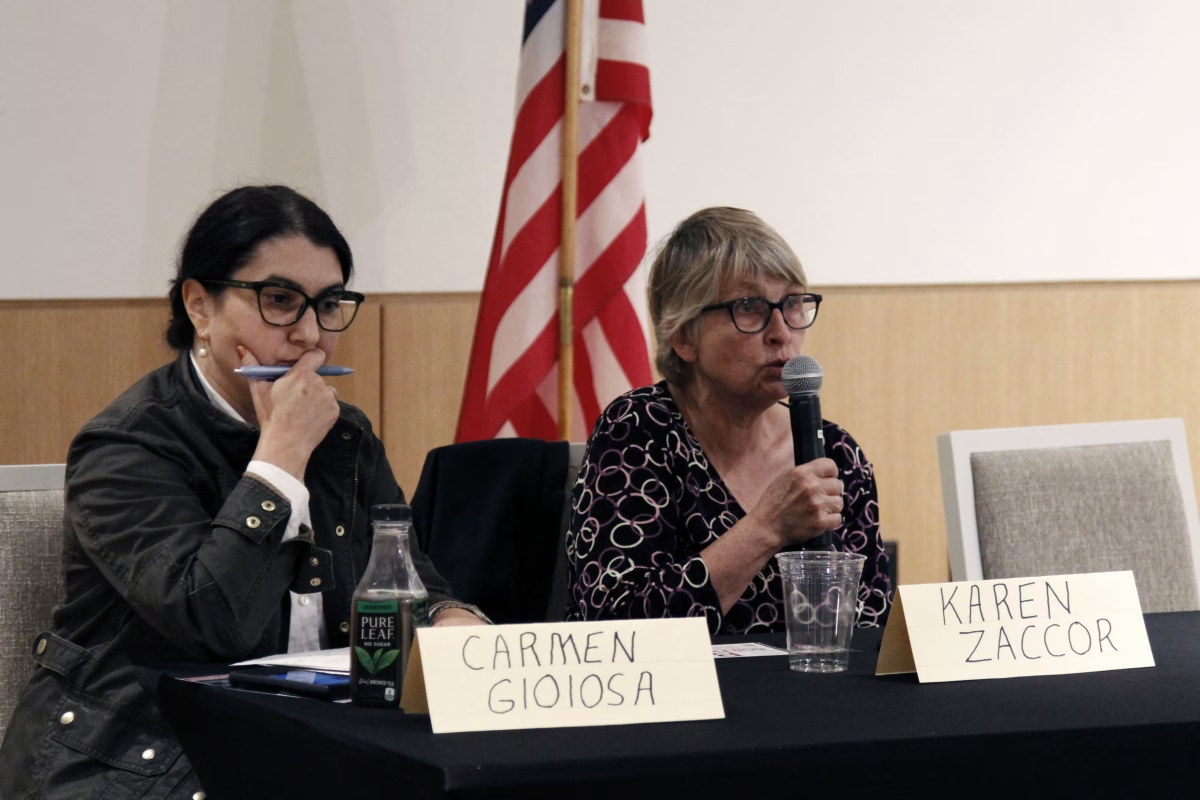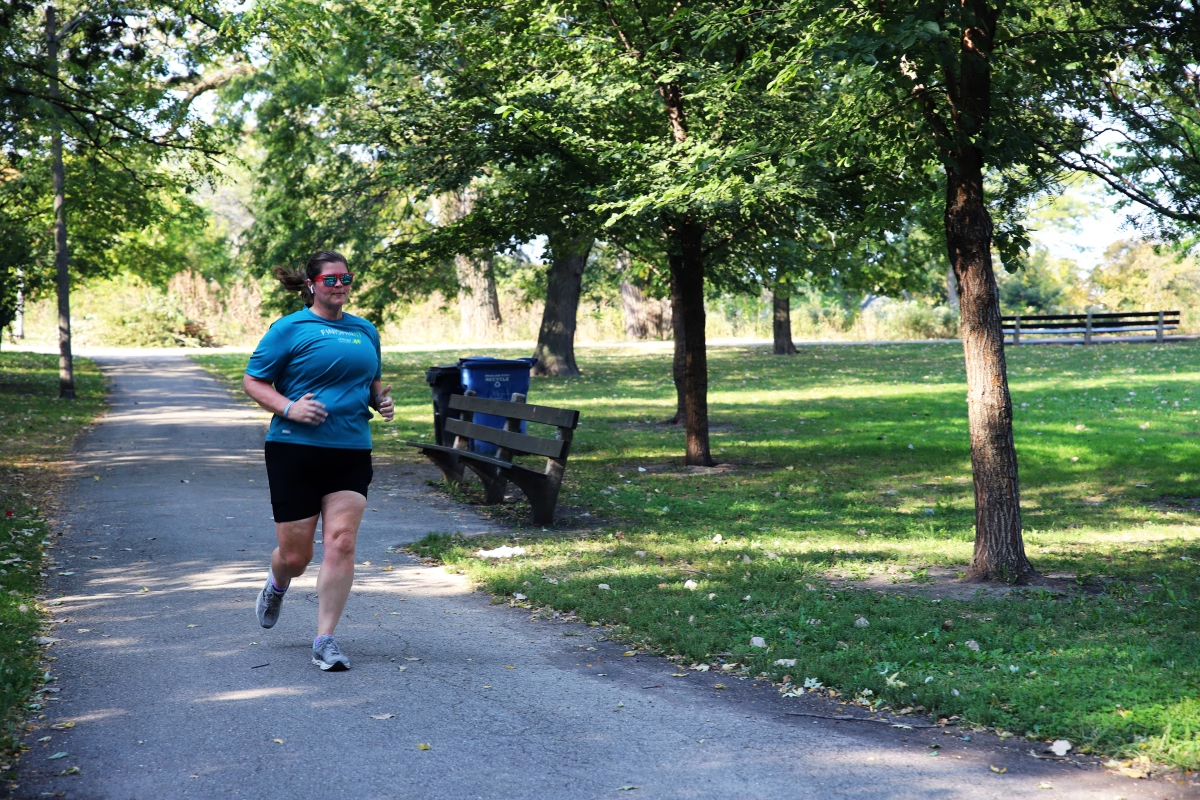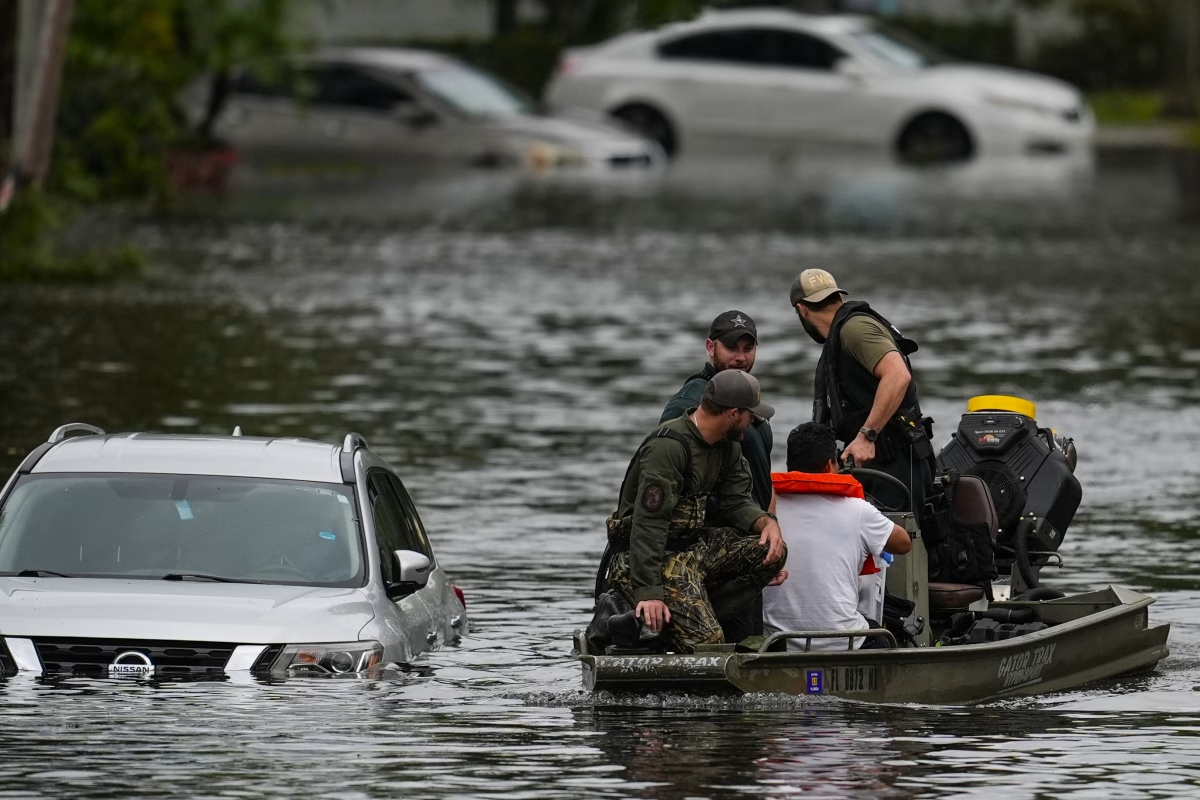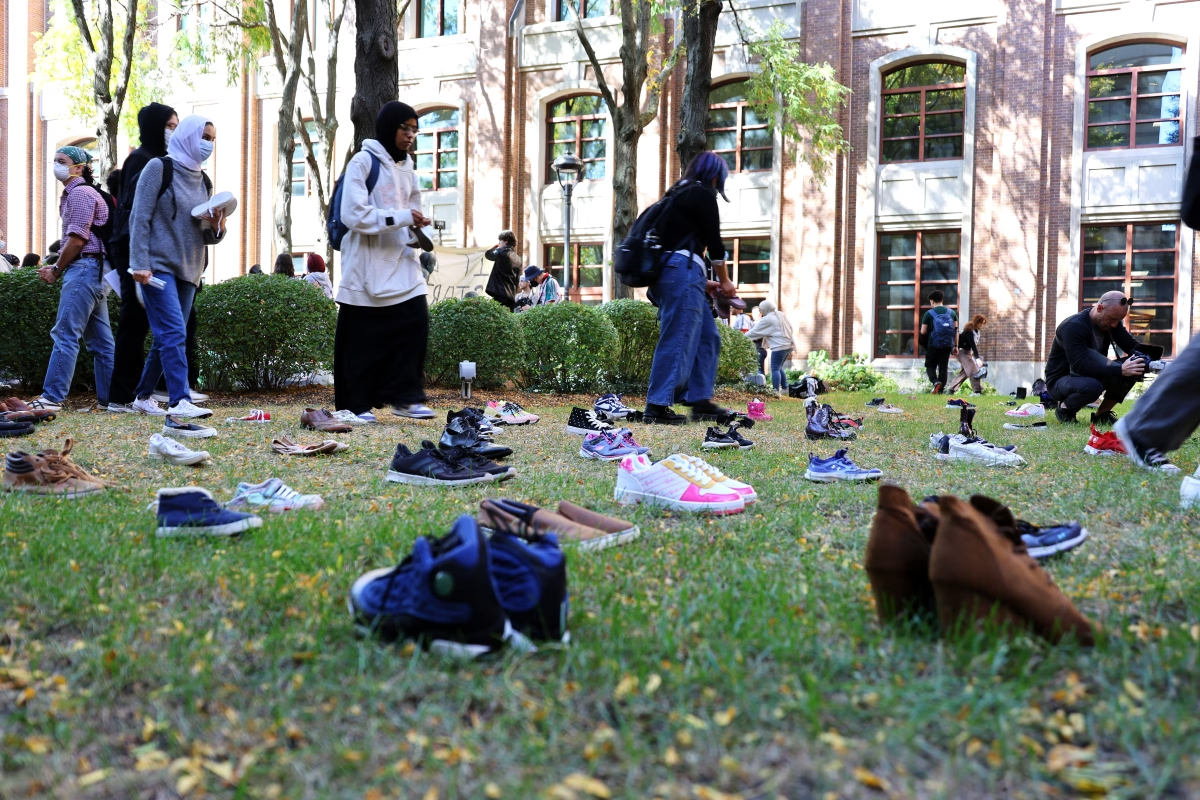A year after DePaul President Robert Manuel’s tenure began, the university’s gap between revenue and expenses is now closed and the president’s Design DePaul sessions are completed. Still, while many look toward DePaul’s future, some faculty members question how academics play into Manuel’s plans to redesign DePaul.
At Wednesday’s Faculty Council meeting, attendees voiced concerns about unequal pay, plans to become a Hispanic Serving Institution (HSI) and the university’s plan to bolster DePaul athletics. These were just a few of the larger concerns voiced during a Q&A session with Manuel in the last hour of the meeting.
According to Manuel, the budgetary decisions made last year put the university in a position to focus on reinvestment in DePaul’s future. He said university leadership now has the opportunity to use the endowment return to heighten DePaul’s prominence in higher education and invest in its mission.
Manuel said this could mean an annual investment of up to $17 million.
In an interview with The DePaulia, Manuel said some faculty members were concerned these funds would be returned to principal like in the past, however, he said the budget decisions made last year ensured this would no longer be the case. This year, Manuel said they have the opportunity to put the principal into an investment fund they can pitch the Board of Trustees to get access to.
“The goal with Designing DePaul was … to have DePaul ready for the environment that was coming our way this year,” Manuel said at faculty council. “We put ourselves in a position to essentially break even over the next three years, but that’s not a good place to be. It does not allow any investment, or growth.”
Criminology professor Megan Alderden brought up the topic of faculty pay inequity compared with other higher education institutions. According to Alderden, given much of the faculty’s experience and expertise at DePaul, they are being vastly underpaid for the work they do.
“We need to address the issue that we don’t take care of our faculty,” Alderden said.
According to Manuel’s press release from Aug. 30, the university will launch two targeted campaigns for philanthropic expansion over the next year. One of these campaigns is aimed directly at funding academics Manuel said.
In response to Alderden, Manuel said the philanthropic efforts will pave the way for more academic funding.
“We can prioritize salary increases if we want to do that,” Manuel said. “The stuff that we’re going after now, is a way to generate revenue … to be able to afford the things we identify as important.”
Another topic heavily discussed during the Q&A portion of the meeting was becoming a Hispanic Serving Institution or an institution with at least 25% Hispanic, including Latino student enrollment. This also included discussions on differentiated tuition, or an amount charged on top of base tuition to support additional services and programming in certain colleges.
Marie Donovan, an associate professor and program director in the College of Education, proposed offering classes entirely in Spanish to attract more Hispanic students at DePaul.
“Let me offer courses in Spanish,” Donovan said. ‘They’re here, they want to come to DePaul, but even with a significant scholarship, I know they’re not going to come [here] anymore.”
According to Manuel, while funding these types of investments is possible, it would be a two- or three-year conversation among multiple departments and university leadership.
Manuel also spoke about the decision to seek donations for a new athletic facility. While athletics are funded from a separate budget than academics, he said a strong athletic program would ultimately benefit academics.
Manuel said potential donors for the athletic facility only want to give to athletics.
“I hope to change that lack of interest,” he added.
Thomas Mondschean, a professor in the economics department, said he is still unsure where students fit into Manuel’s comprehensive fundraising campaign.
“There’s not a whole lot in here of value to students,” Mondschean said. “What are we going to do differently to set us apart from everybody else?”
Mondschean proposed, for instance, adding a non-credit course requirement that educates students on how to manage their finances properly.
“I like that idea a lot,” Manuel said in response. “The question is how we put it into work.”
Overall, many faculty members remained concerned about just how university leadership plans to prioritize academics and raise DePaul’s profile in higher education.
“I don’t understand how the university thinks it’s going to grow … if it doesn’t do some self-reflection on how it practices today,” Alderden said.
Rose O’Keeffe contributed to the reporting in this story.
Editor’s note: the version of this story corrects John Keeley III to Tom Mondschean.


